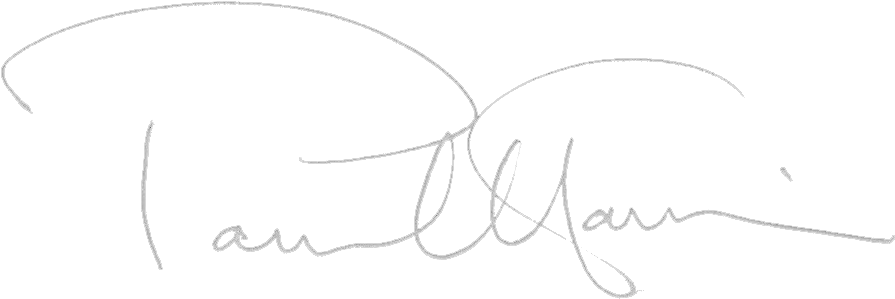In the Summer of 2000 I had the great pleasure of meeting James Gillespie, editor of The Clarinet Journal, during the International Clarinet Association (ICA) convention in Oklahoma. James asked me if I would like to contribute a regular column – an invitation that I found both humbling and daunting! The following ‘Letter from the UK’ was first published in September 2004 in The Clarinet Journal, the official publication of the ICA.
Following hot on the heels of Ian Scott’s recording of British Clarinet Concertos comes a further, and dazzling, compilation of (mostly re-issued) concertos. A five-disc set, it includes those of Stanford, Finzi and both the Arnold concertos (played by Emma Johnson) as well as the Horowitz Concertante (played by Ian Scott). Various concertos for flute, oboe and bassoon complete this fascinating compilation. Altogether there are eighteen works included; the set is called My England and is on the Resonance label – CDRSB 505. Anyone wishing to acquaint themselves with some delightful music from Lambert to Fogg, Vaughan Williams to Blake and Rawsthorne to Gunning will find this quite a treasure trove.
I am reminded of a story told to me by my clarinet teacher, John Davies, of a clarinet concerto that was so nearly written – and would surely have become a very important work – but in the event, was to remain just an enthusiastic young player’s dream. In the early 1960s, John paid Michael Tippett a visit at his home in deepest Wiltshire. He had been granted an audience with the great man and his mission was to persuade the composer to write him a concerto. Iain Hamilton had done so some years earlier, and Alexander Goehr and Leopold Spinner – among others – had also written works for John. John was somewhat taken aback at the explicitness of the more suggestive sculptures and carvings adorning the entrance hall but was soon cheerfully received by Tippett, reclining on a favourite chaise longue. He didn’t dismiss the idea – as a twenty-three year old he had written a Concerto for flute, oboe, horn and strings and in 1953 came his wonderful Piano Concerto, but pressure of work was always going to militate against a new concerto and inevitably it never materialized. What a misfortune for the repertoire!
A week or two ago I popped into the Selmer Clarinet Summer School, which was being held at Stowe – the beautiful eighteenth-century mansion where I used to teach. I arrived as Colin Lawson was giving a masterclass. Readers may well know that Colin has recently been appointed the next Director of the Royal College of Music in London – yet another position of great importance filled by a wind player (the oboist George Caird and the trumpeter John Wallace are respectively Principals of the Birmingham Conservatoire and the Royal Scottish Academy of Music). Colin was talking, with his deep knowledge and authority, on the interpretation of the slow movement of the Mozart Concerto. On returning home I listened to all my (many) recordings and re-read David Etheridge’s fascinating book ‘Mozart’s Clarinet Concerto: The Clarinetist’s View’. However it seems to me that Mozart’s magical music will forever cause musical thinkers to search for the most exquisite shaping and meaning, for it will never reveal its ultimate secrets. Players will always be seeking the perfect performance, and this is part of the reason for its enduring attraction.
Readers will be aware that rarely will one of my ‘letters’ fail to mention Sir Malcolm Arnold! By the time you read this article, my new biography co-written with Anthony Meredith, entitled Malcolm Arnold: Rogue Genius will be published. The book’s launch is to be celebrated by an all-Arnold concert at the Royal Festival Hall, with Julian Bliss playing the Second Concerto. I have written a new cadenza and feel very humbled to join the list of previous cadenza-writers for this wonderful work! Benny Goodman’s own is short but full of the kind of rapid, jazz-inspired shapes only he could produce. There are distinguished cadenzas by Christopher Palmer (for Thea King’s powerful recording), Richard Rodney Bennett (for Michael Collins’ trenchant reading), and Emma Johnson has written her own. In working on the cadenza, I wanted to demonstrate the very strong link between the melodic material of the first and last movements, by a process of the one transforming itself into the other. Malcolm’s compositional thinking is always economical and very tightly argued – I hope this is also borne out by this new cadenza.
Finally on the topic of Arnold – I recently made an arrangement, for Clarinet Choir, of his Overture for Wind Octet. It was given its first performance in Washington DC a few weeks ago by a visiting British Clarinet Choir (led by John Mackenzie) and, judging by the applause I hear on the recording, went down very well!

